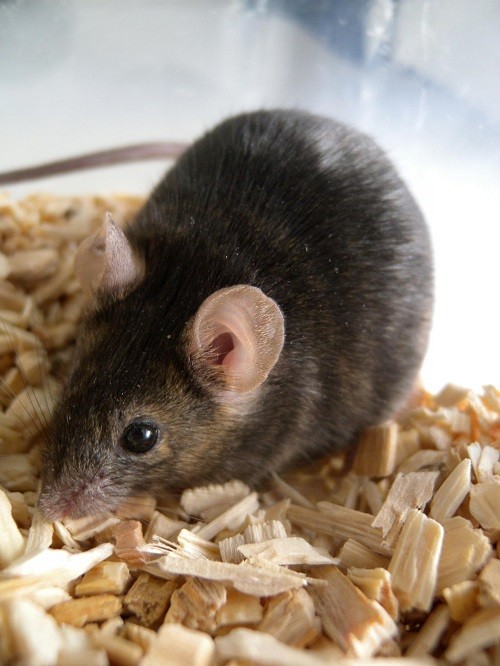Female mice do not avoid mating with unhealthy males

Female mice are attracted more strongly to the odour of healthy males than unhealthy males. This had already been shown in an earlier study by researchers from the Konrad Lorenz Institute of Ethology at the Vetmeduni Vienna. Now the team of behavioural scientists went one step further - and tested a common assumption that more attractive males have better mating success than other males.
Females also mate with unhealthy males
Sarah Zala and Dustin Penn investigated whether females would also choose to mate with healthy over infected male if given a choice. In the laboratory and in large enclosures, the females were allowed to freely choose between two males, one healthy and another challenged with a mild infection, which they previously found to alter male odour.
The majority of females, about 86 percent, were initially more attracted to the healthy males. However, unhealthy males were also chosen as mating partners. "That surprised us. We assumed that the females would opt for the healthy males. Not only would this minimise the chance of becoming infected themselves, but choosing a healthy, disease-resistant partner would also be advantageous for their offspring," first author Zala explains.
Polyandry not unusual for female mice
A genetic analysis of the offspring revealed that about 30 percent of the litters had two fathers, the healthy male and the unhealthy one.
"Many females apparently mate with both males, whether these are healthy or not," Zala says. "We suspect that the females do this to protect their young. A male that was rejected as a mating partner may commit infanticide in order to get another chance at siring offspring."
"The females recognise whether males are healthy or unhealthy. We saw this quite clearly. But why they still mate with the unhealthy male remains unclear," says Dustin Penn.
In the future, Zala and Penn intend to study more closely the effect of an infection on the odour of the animals.
Odour preference seems irrelevant for mate choice
"Until now, scientists generally assumed that females choose their mates depending on their males' scent or other secondary sexual traits. Our study shows that this isn't necessarily the case," says Zala. The situation could be different in the wild. As females recognise healthy males quite well based on odour, and are more attracted to them, they may be more likely to find healthy males in the wild. In the end, odour preference could still be an important factor determining sexual selection.
The study was published in the journal Behavioral Ecology and Sociobiology.
Mar 15, 2015 04:01 PM EDT




